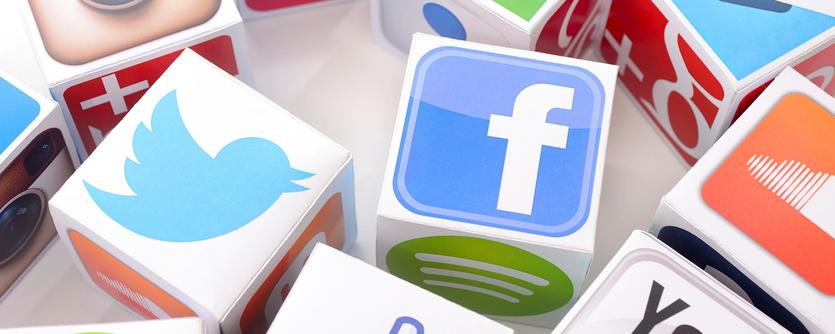
Social media 'oops' - Awareness
What is the difference between a professional journalist and an on-scene-reporter like you?
Facebook, Sina Weibo, Instagram, Line. Social media channels have consolidated their positions as valuable tools to stay in touch with our loved ones, and to snoop around in the lives of more distant acquaintances.
However, not everyone fully understands how social media works and that traditional media and journalists use it as a source for information.
"We are currently awaiting helicopter evacuation away from this unit – anchor chains punctured one of the legs in the heavy weather tonight. Home, sweet home!"
Norwegian Hull Club found the above statement on the Facebook profile of a crew member onboard one of our member’s units. The unit was in distress and needed full evacuation.
A Master working for another client was informed by his company that one of their vessels was hijacked. On his open Facebook profile he discussed detailed information about the hijacked crew members onboard with another colleague.
We know that pirates are using social media actively in their communication and information gathering. The above mentioned Master did not think about that. Neither did he know that everyone could access his open Facebook profile.
Who are the journalists today? Who is the audience to your online postings? What is the difference between a professional journalist and an on-scene-reporter like you?
Norwegian Hull Club uses social media as one of the intelligence sources in emergency response, in order to identify possible information that can give us better situational awareness, but also to make our clients aware of postings that are related to the ongoing situation. In our social media searches, we quite often find on-scene-reporters that probably are unaware of the reach of their pictures and status updates.
The above examples are just two out of an increasing quantity. Could you have been the source of similar postings?
We hope you consider the below consequences the next time you are posting online:
- Security/safety risk: If Norwegian Hull Club can find it, it is possible that people with evil purposes could find it. Do not put yourself and your colleagues in danger in a thoughtless second.
- Economical risk: Your company might be fighting hard for their contracts in a challenging market. “Funny” party pictures from onboard your vessels could be enough to send the client to a competitor they see as more professional.
- Reputational risk: When you are onboard, you are representing your company. A scatterbrained comment that you think you are sharing with your friends, can make headlines in the hands of a journalist looking for “breaking news”.
It all comes down to awareness. Based on our experience we have made the following social media check-list to consider before posting online. Ask yourself:
- Will I be OK with my superior seeing this?
- Will I be OK with the Ship Owner seeing this?
- Will I be OK with a client seeing this?
- Will I be OK with a journalist seeing this?
- Do I know how open my social media profile is? Am I familiar with the default Facebook settings?
- Do I know all my Facebook friends? Do I know the intentions of my high school class mates from 20 years back?
- Is my post in compliance with the company media policy? Am I the nominated media spokesperson?
If your answer is “no” to any of the above questions, you should probably reconsider your post.